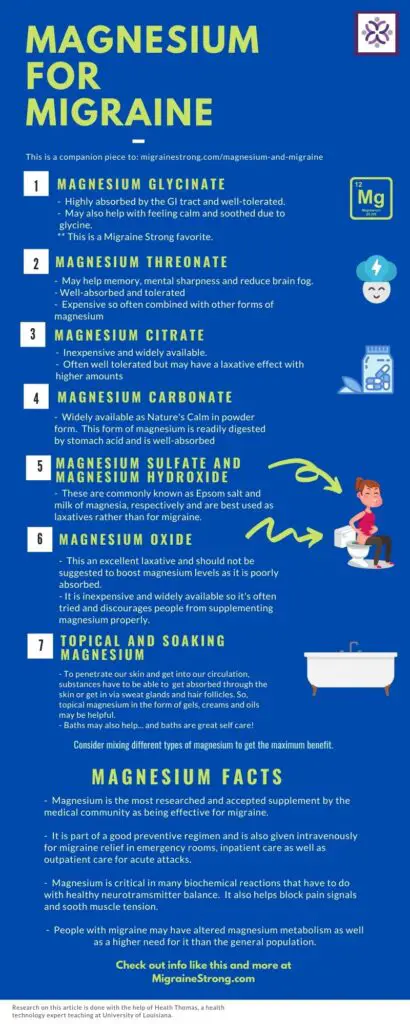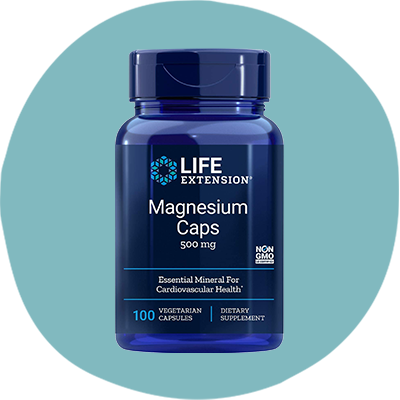

If you remember your biochemistry training on the Krebs citric acid cycle, the key energy molecules are adenosine triphosphate, reduced flavin adenine dinucleotide, and reduced nicotinamide-adenine dinucleotide.

d-Riboseīecause CFS and FMS represent an energy crisis, patients must have what is needed for optimal mitochondrial function. A powdered vitamin is generally better tolerated, better absorbed, and less expensive than tablets. MultivitaminĪ high-quality multivitamin suited for their needs should contain at least 50 mg of B-complex vitamins, 150 mg of magnesium glycinate, 900 mg of malic acid, 600 units of vitamin D, 500 mg of vitamin C, 15 mg of zinc, 50 mcg of selenium, 200 mcg of chromium, and amino acids. I begin patients with CFS or FMS on the nutritional regimen described next. Although blood testing is not reliable or necessary for most nutrients, I do recommend checking vitamin B 12, iron, total iron-binding capacity, and ferritin levels. 10, 40 These nutrients are also critical for many other processes. B-complex vitamins, ribose, magnesium, iron, coenzyme Q10, malic acid, and carnitine are essential for mitochondrial function. This occurs because of (1) malabsorption from bowel infections, (2) increased needs because of the illness, and (3) inadequate diet. Patients with CFS or FMS are often nutritionally deficient. Q: Any last advice on the benefits of magnesium?Ī: There is one way in which topical magnesium is useful, but often underused.Jacob Teitelbaum MD, in Integrative Medicine (Third Edition), 2012 Nutritional Support

Stick with eating foods high in magnesium or using over-the-counter supplements. Q: Are topical magnesium sprays from health food stores a good source of magnesium?Ī: There’s no evidence that topical sprays deliver magnesium to the body effectively. magnesium oxide, etc.) but there’s no definitive scientific data to date proving on type is better than another. It’s controversial what type is best (magnesium citrate vs. Both avocados and black beans are magnesium-rich.Īnd, if your diet alone doesn’t provide enough, you can take an oral supplement. He or she can run a blood test or check calcium and potassium levels to help pinpoint the problem.Īdvertising Policy Q: How can you get more magnesium in your diet?Ī: Adults need about 400 mg of magnesium per day.Ĭhoose foods such as spinach or other greens, nuts and seeds that are rich in magnesium and other important nutrients.Ī simple mango, avocado and black bean salad is a delicious way to give your magnesium levels a healthy boost. It’s important to talk to your doctor if you see any signs of deficiency. Q: Are there more serious effects if you don’t catch a deficiency early?Ī: If a magnesium deficiency goes untreated, you may develop symptoms such as numbness and tingling, personality changes, abnormal heart rhythms and seizures. Many of the initial symptoms could indicate a wide variety of other health issues. However, you may not notice any symptoms at all in the beginning.Ī magnesium deficiency can be hard to diagnose. Loss of appetite and nausea are other common symptoms in the early stages. You may notice muscle spasms, weakness or stiffness as well. Q: What are early signs you’re running low on magnesium?Ī: One of the first signs of magnesium deficiency is often fatigue. Naoki Umeda, MD, a specialist in integrative medicine, answers questions on what you need to know about this important mineral. We do not endorse non-Cleveland Clinic products or services. Advertising on our site helps support our mission. Cleveland Clinic is a non-profit academic medical center.


 0 kommentar(er)
0 kommentar(er)
